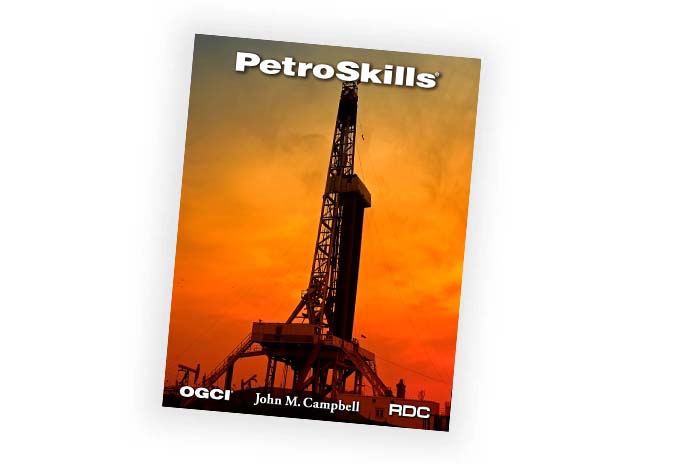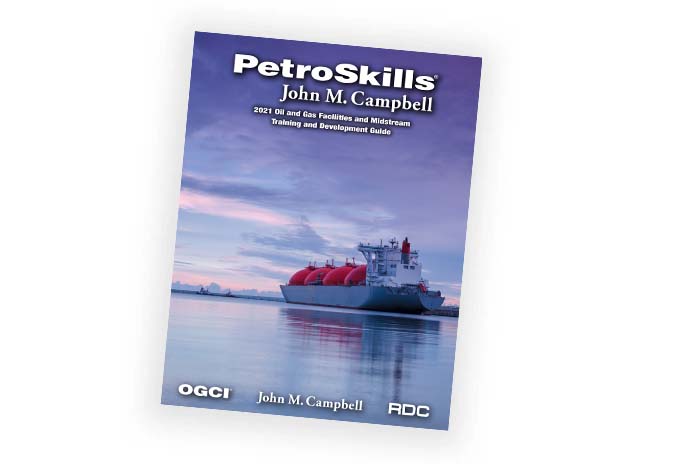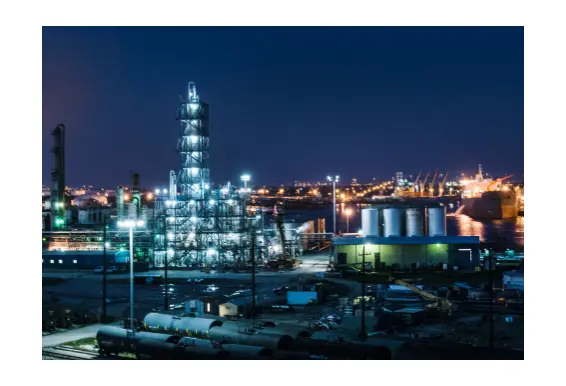Reciprocating Engines, Electric Motor Drivers and Generators
Module
About the Skill Module
This skill module describes the basic types of reciprocating engines, including; key operational aspects, characteristics, performance, design, fuel and aspiration systems, codes and standards, testing and sizing for engines used as prime movers/drivers in oil and gas applications. The skill module also explains electric motor drivers including; electric power generation fundamentals, basic AC motor types used in oil and gas, selection criteria, efficiency and performance standards, mechanical and electrical design aspects, typical accessories, motor starting techniques, and typical maintenance, inspection and commissioning activities.
Target Audience
Facilities Engineers, Process Engineers, Senior Operations Personnel, Field Supervisors, Engineers who select, design, install, evaluate or operate gas processing plants and related facilitiesYou Will Learn
Participants will learn how to:
- Describe the basic types of reciprocating engines
- List key performance criteria
- Outline the sizing process for reciprocating engines
- Describe the contents of project mechanical specifications typical for reciprocating engines
- Describe the types of fuels and the type of aspiration systems used in reciprocating engines
- List applicable company/industry codes and standards for reciprocating engines
- Describe systems for starting, lubricating oil, and cooling water
- Describe the inspection and testing of reciprocating engine emissions and performance
- Describe maintenance and repair techniques
- Explain the fundamental principles of power generation and AC power supplies
- Describe a motor driver and its key operational aspects
- Describe differences in operation between induction and synchronous motors and how to select between them
- Identify key design and operating parameters of electric motors
- Identify electric motor de-rating factors
- Describe the relationship between motor torque and speed
- List available motor accessories and their functions
- Describe the typical data shown on motor nameplate
- Describe the methods of motor starting and their pros/cons
- Describe operation of variable speed drives and their effects on electrical equipment
- Describe items generally covered in optional Factory Acceptance Testing
- Describe common steps in commissioning motors
- List typical motor maintenance activities and typical failure modes




